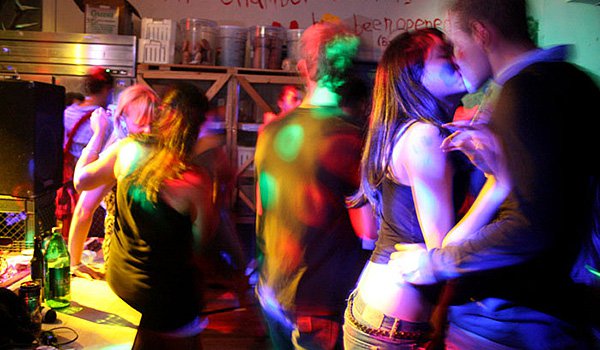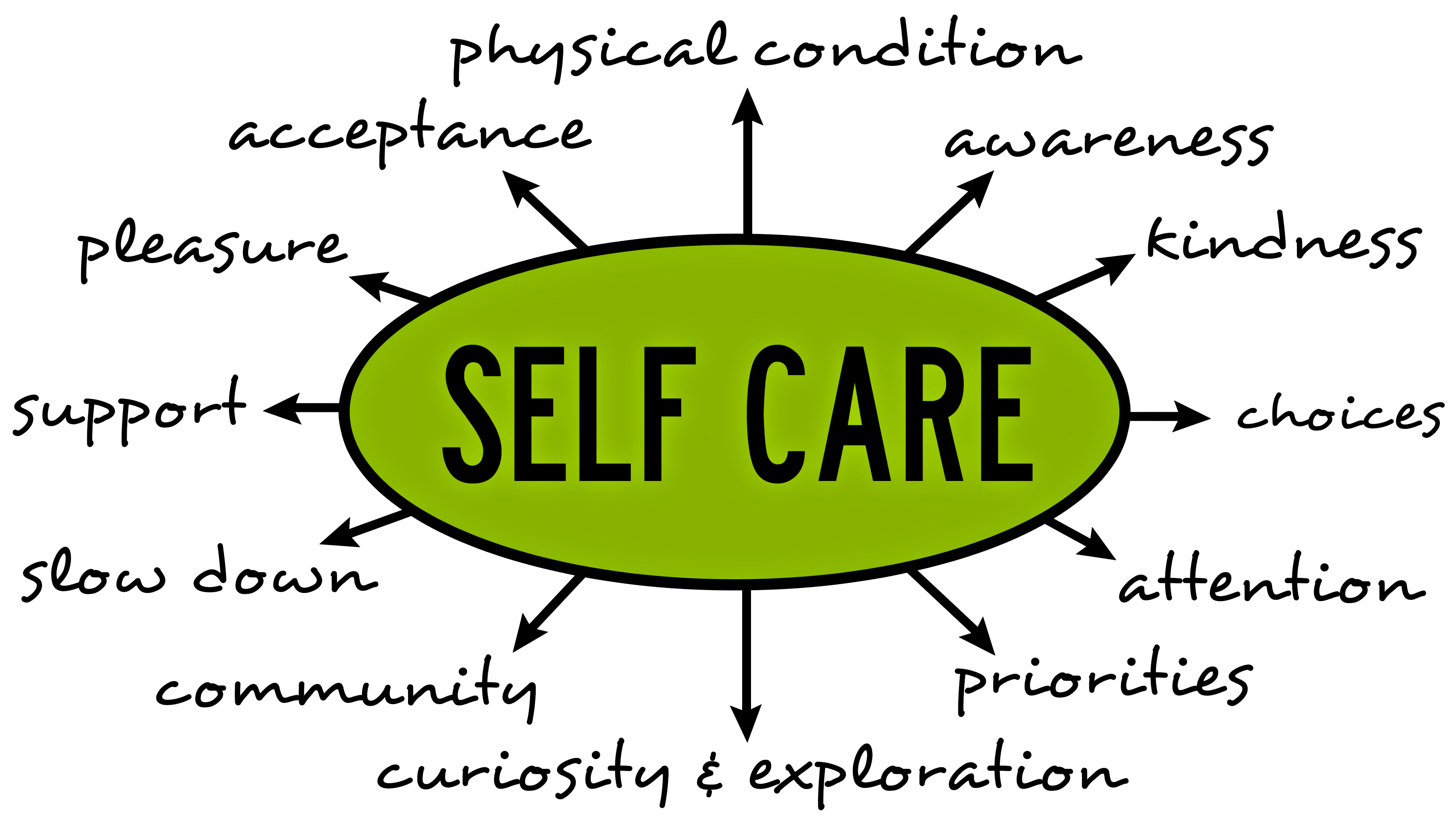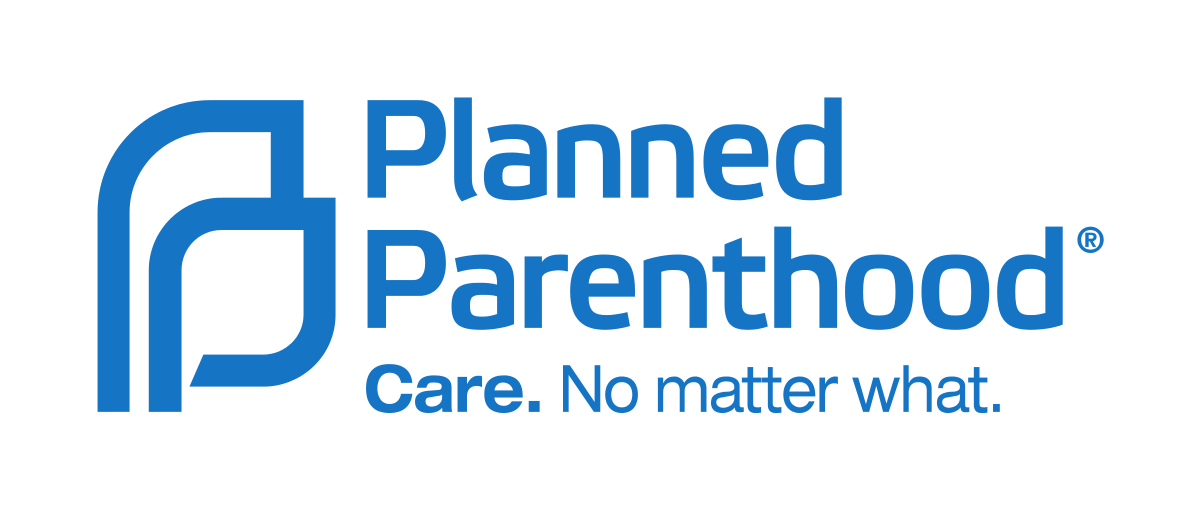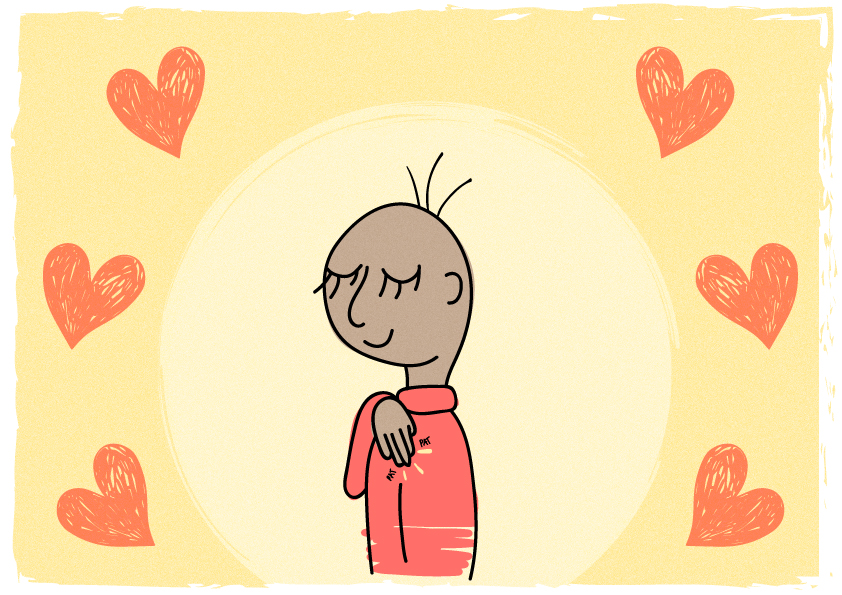Since its creation in January 2012, the UC Berkeley Hookups Facebook page has gotten around 30 anonymous submissions documenting drunken hookups between college students.
More than 3000 followers have liked the page with posts boasting of sexual conquests and adventures. The posts garner much public attention and often ignite discussions between students in the comments section, with friends tagging suggested subjects of the anonymous posts. Additionally, the site is also now accepting picture submissions, with the request that submissions “stay (somewhat) classy.” Some readers take the site casually. As one UC Berkeley freshman puts it, “It’s very amusing to look at. It’s entertaining.”
While it is easy to turn our heads from the computer screen and forget about what we read without thinking about it, it may be time to take a closer look at what the success of these sites says about our campus culture.
Aside from those students who scroll through posts and simply laugh them off as extreme, others publicly comment on the particulars of some situations, often in derogatory, racist, or sexist ways. Even worse, many of the posts and comments describe rape-like acts in an almost proud voice, suggesting that having sex with a “supposably passed out” girl by grabbing her ankle “like a BOSS” is something that should not make you want to crawl into a hole and cry about your dirt-low character.
Many, especially outsiders, see the popularity of these pages as further evidence for the growth of the so-called American rape-culture. High sexual assault statistics have become so normal that officials at Princeton University chose not to publish a campus-wide study showing one in six female undergraduates at Princeton had experienced non-consensual vaginal penetration, because these numbers were “on par” with the rest of the nation.
One in six is ridiculous, but it has become the norm. When told about this statistic, a fellow UC Berkeley student commented: “Yeah, that’s what happens. Party life.”
It is easy to sit back and blame the evolution of technology and social media for this crippling lull in common consciousness. However, these are real lives being posted for the entire world to see, and it has become obvious that the world does not just look—we judge absolutely everything, very harshly. And these websites are symptoms of a much more fundamental problem in today’s society. The Internet’s anonymity has led to a massive loss of accountability, which gives people a fake sense of security and bravery. I would bet that none of the students posting on these hookup sites would ever stand up in front of a crowd and share these stories face to face to an audience the size of their readership.
The Internet is undeniably useful, and it has allowed many people to express themselves when they otherwise would not have felt comfortable to do so. The capability to connect with people all across the world is wonderful, but these opportunities are so often abused. Hurtful ideas can be spread just as quickly as thoughtful ones and are often started much faster.
We collectively need to take big step up in the return to human decency. One big step would be to begin talking openly about our campus culture, instead of anonymously on Facebook, and treating people online as you would face to face requires absolutely no effort either and will most likely have a huge impact. Either way, it will be interesting to see how these sites play out in the future. Several school administrations have expressed interest in monitoring their respective hookup sites, but the Internet is the Internet, and the responsibility ultimately falls upon the users to grow up.
Article by Charlott Vallon
Feature Image Source: Study Breaks
























